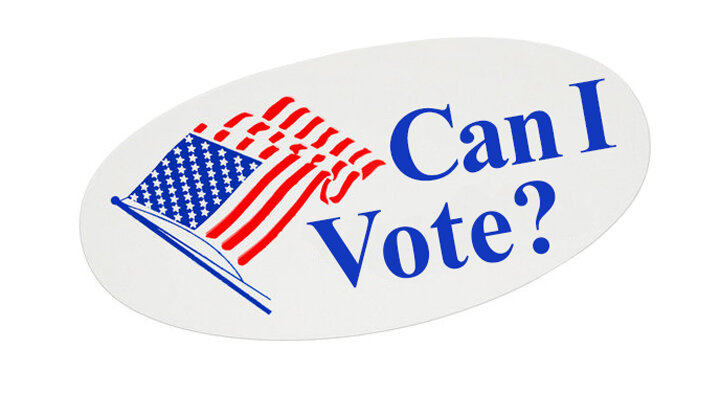
Republican state lawmakers across the country have responded to President Biden’s victory in November by proposing a raft of new restrictions on voting, aiming to tamp down early voting and absentee balloting in moves that would make it harder to participate on Election Day.
But in Iowa — a state that’s been trending red for years, and where Donald Trump won by over eight percentage points in November — a new survey by one of the country’s top pollsters suggests that voters are irked by the latest push to curtail voting access.
Last week, the state’s Republican governor, Kim Reynolds, signed a bill passed by the G.O.P.-led state legislature that includes a number of restrictions on voting, including shortening the early-voting period by nine days and closing the polls an hour earlier on Election Day.
The new poll, conducted by Selzer & Co. for The Des Moines Register and released today, found that 52 percent of Iowans were opposed to condensing the early-voting period, and 42 percent were in favor.
There was a deep partisan divide, with 71 percent of Republicans favoring the move and 81 percent of Democrats opposed. Among independents, 51 percent were against the change, while 43 percent were in favor.
The poll found that Iowans were evenly split on Reynolds’s job performance, with 46 percent approving and 47 percent disapproving. But 52 percent said they hoped she wouldn’t run for re-election next year, and just 41 percent said they wanted her to.
Asked about Biden’s work so far as president, 47 percent gave him positive marks and 44 percent gave him a thumbs-down.
The voting bill Reynolds just signed is one of hundreds that have been making their way through Republican-led state legislatures across the country. Proponents of these bills often cite the risk of voter fraud as a motivating factor, even though in reality fraud is vanishingly rare — and restrictions on access to the ballot tend to do more to disenfranchise legitimate voters than to cut down on illegitimate voting.
The rash of state-level restrictions has drawn fire from advocates of voting rights, and Democratic lawmakers in Washington have recommitted themselves to passing two major voting-rights bills that would invalidate many of the state laws.
But on a national level, it’s not yet clear that Democrats have won the battle over messaging. A poll published this month by CNN found that 53 percent of Americans said they were more worried that voting rules might not be “strict enough to prevent illegal votes from being cast,” while just 39 percent were more concerned that voting laws might “make it too difficult for eligible citizens” to cast a ballot.
Fears of anti-Asian violence rise after a deadly rampage in Georgia.
The killings of eight people, including six women of Asian descent, during a shooting spree in the Atlanta area yesterday have prompted a national outcry, and at a news conference today Biden noted a “very, very troubling” pattern of violence against Asian-Americans in recent months.
“Whatever the motivation here,” Biden said, “I know Asian-Americans are very concerned.” But the president stopped short of saying that the killings had been racially motivated, citing an ongoing investigation.
Investigators said they had not ruled out bias as a motivating factor in the shootings, which were carried out at three massage parlors, although the suspect denied racial animus once in custody.
The suspect in the killings was charged today with murder. He told the police that he had a “sexual addiction” and had carried out the shootings to eliminate his “temptation,” the authorities said on Wednesday.
Vice President Kamala Harris, the first woman and the first Asian-American person to hold the office, expressed condolences for the families of the victims today.
“I do want to say to our Asian-American community that we stand with you and understand how this has frightened and shocked and outraged all people,” she said.
Asian-Americans and Pacific Islanders were targeted in nearly 3,800 hate incidents reported over the past year, according to Stop AAPI Hate. The incidents compiled by the group included mostly verbal harassment and name-calling, which accounted for about 68 percent of those reported. Shunning, or the deliberate avoidance of Asian-Americans, composed about 20 percent. About 11 percent of the reports involved physical assault, the report said.
Mayor Keisha Lance Bottoms of Atlanta said of the shootings, “Whatever the motivation was for this guy, we know that the majority of the victims were Asian.”
She added: “We also know that this is an issue that is happening across the country. It is unacceptable, it is hateful and it has to stop.”
— Richard Fausset, Jim Tankersley, Marie Fazio, Nicholas Bogel-Burroughs and Christine Hauser
Did you miss our previous article...
https://trendinginthenews.com/usa-politics/mayorkas-says-undoubtedly-difficult-border-problems-are-being-handled






